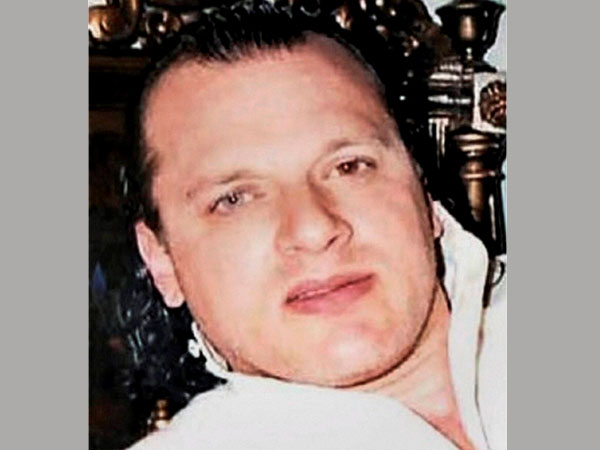
Why did US keep India in the dark over David Headley?
Bengaluru, Feb 9: There are some questions that come to mind while writing about the David Headley testimony before the Mumbai court in connection with the 26/11 case. First and foremost, it seems like it is a testimony more for an academic interest as everything that Headley has said so far is known to both the National Investigating Agency and the Federal Bureau of Investigation.
The second thought that comes to one's mind is why did the United States of America not inform India about Headley despite knowing everything about him.


Lastly why did the Indian government continue to assure all of us that he would be brought to India when there was clearly a 35 page plea bargain deal that he had entered into while pleading guilty on three charges.
Why did US keep India in the dark?
David Headley was not a new revelation for the Americans. He was their agent who had turned rogue and there was a surveillance on him at all times. V Balachandran, former officer with the Research and Analysis Wing tells OneIndia that there were misgivings following Headley's arrest in 2009 as to why India was not forewarned about him.
The problem for America was the Intelligence Identities' Protection Act which prohibits anyone from disclosing the identity of informants to others, including foreign governments.
Scooter Libby, a close confidante of vice-president Richard Cheney was convicted under this law in 2007 for revealing the identity of a Central Intelligence Agency (CIA) deep cover agent.
However the US did pass on advance information on 26/11 and the same was admitted by the then Home Minister of India, P Chidambaram. However in the advance information the name of Headley was not mentioned.
Ordinarily, even within a country, the name of the informer is never revealed while passing on such intelligence says Balachandran.

The plea bargain and India's false assurance
After Headley was arrested in the US, India assured all of us that there were attempts on to secure his extradition. However this was never to happen and if one does go through the plea bargain deal then it became clear that the government all along was lying.
On March 18, 2010 Headley entered into a 35-page "Plea Bargain Agreement" with the state attorney at the Illinois Northern District Court. He pleaded guilty on three conditions to a dozen US federal terrorism charges, including planning the 2008 Mumbai terrorist attacks.
As per the deal he would not be given a death sentence. He would also not be extradited to India, Denmark or Pakistan. Lastly sentencing guidelines would be followed. Balachandran says that the previous government was wrong in assuring us that they would try to get Headley extradited to India. The plea bargain conditions are irrevocable.
Headley was sentenced to 35 years in jail followed by five years of "supervised release". So any chance of his coming to India to stand trial would happen only in 2054 the former R&AW officer points out.

What can India do with this testimony?
Balachandran says that we could do a much better job of exposing Pakistan's perfidy compared to the 1993 Bombay blasts probe. Headley knew much more about the culpability of Pakistan than what has been judicially known.
So the question was how to get his testimony in an Indian court without his physical presence? That is where his plea bargain agreement came in handy.
On March 18, 2010 he had agreed to fully participate in any debriefings for the purpose of gathering intelligence or national security information. He also agreed to testify in any foreign judicial proceedings held in the United States by way of deposition, video-conferencing or letters rogatory when directed by the United States Attorney's Office.
This is what he is now doing. We need his testimony to fully understand Pakistan's conspiracy. This would enable us to mount international pressure on Pakistan. The Kasab investigation and trial had revealed only one dimension.
OneIndia News


 Click it and Unblock the Notifications
Click it and Unblock the Notifications






























